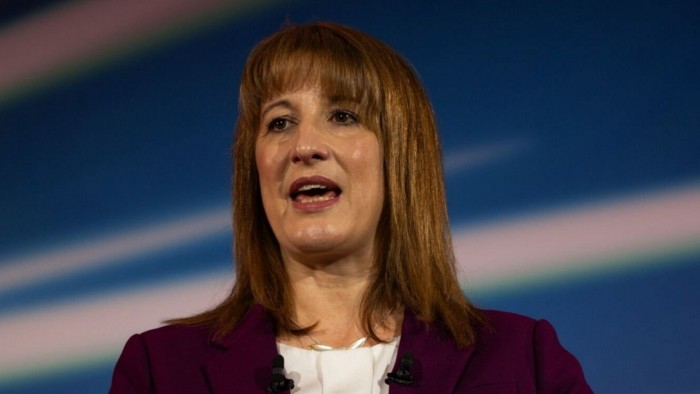Stay informed with free updates
Simply sign up to the UK tax myFT Digest — delivered directly to your inbox.
Rachel Reeves is preparing a crackdown on lawyers, accountants, doctors and other professionals who use tax partnerships, as she fleshes out her Budget plan to target Britons with “the broadest shoulders”.
The chancellor is looking at extending the equivalent of employer national insurance contributions to partners, in a move which experts have estimated could affect around 200,000 people and raise £1.9bn.
Reeves said last week that taxing the wealthy would be “part of the story” as she looks to fill a fiscal hole estimated by economists at between £20bn and £30bn.
The chancellor has been urged by think-tanks to tackle what some argue is an unfairness in the tax system, where partners including those working for big law or accountancy firms have a tax benefit over ordinary employees.
The Treasury did not deny a report in The Times that Reeves will impose a new charge on partnerships to compensate for the absence of employer NICs on partners.
A Treasury spokesman declined to comment on Budget “speculation” but highlighted the fact that a number of think-tanks had recommended this reform.
They noted that Reeves said last week she wanted the rich to pay their “fair share of tax”. The Treasury is also looking at reforms to property taxes to increase the amount paid on big homes, including possibly introducing new, higher rates of council tax.
The proposals are expected to affect all types of partnerships including limited liability partnerships. Unlike traditional partnerships, which place the full burden of business debts on the partners, LLPs offer reduced financial liability on a firm’s partners and as a result have grown in popularity in recent years.
The Centre for the Analysis of Taxation (CenTax) said in a report last month there were “stark differences in how earnings are taxed” that gave partnerships a “significant advantage”. The think-tank said about 200,000 people would be affected by its proposed reforms.
It proposed equalising the tax treatment of partners with regular employees, an argument also advanced by the Resolution Foundation, whose former director Torsten Bell is now a Treasury minister and is helping to compile the Budget.
The report found that 46 per cent of all partnership profits were made by the top 0.1 per cent of earners; it proposed what it called “partnership NICs” to level the playing field. Employer NICs are levied at 15 per cent.
The report identified a number of statistics which are understood to have caught Reeves’ eye, including the assertion that 1,800 partners in the west London area of Kensington received more than £1.8bn in partnership income, exceeding the profits of 65,000 partners in Wales and Northern Ireland combined.
It said that solicitors received one-fifth of all partnership income, averaging more than £300,000 each in partnership profits annually. More than a quarter of UK partnership income went to taxpayers in just 12 parliamentary constituencies, 11 of them in London.
The CenTax report estimated that levying “partnership NICs” would raise £1.9bn in 2026-27, to be paid from pre-tax profits. It said that 98 per cent of the revenue from the proposed reform would come from individuals in the top decile by total income.
One tax partner at a law firm said: “This is a bad joke. It ignores the fundamental differences between employment and the responsibilities of partners. Partners are generally not employees.
“I believe more people will leave if this measure is introduced. Then the tax take will go down. Genius.”
Mike Hodges, a partner in the private wealth team at Saffery, said: “The prospect of extra national insurance on LLP members [partners] has the feel of the chancellor picking an ‘easy’ target where she might expect public sympathy to be in limited supply.
“It would be very easy for the Treasury simply to increase the rate of national insurance contributions for all LLP members, probably without getting into the complications of trying to distinguish between salaried and genuinely self-employed members.”

